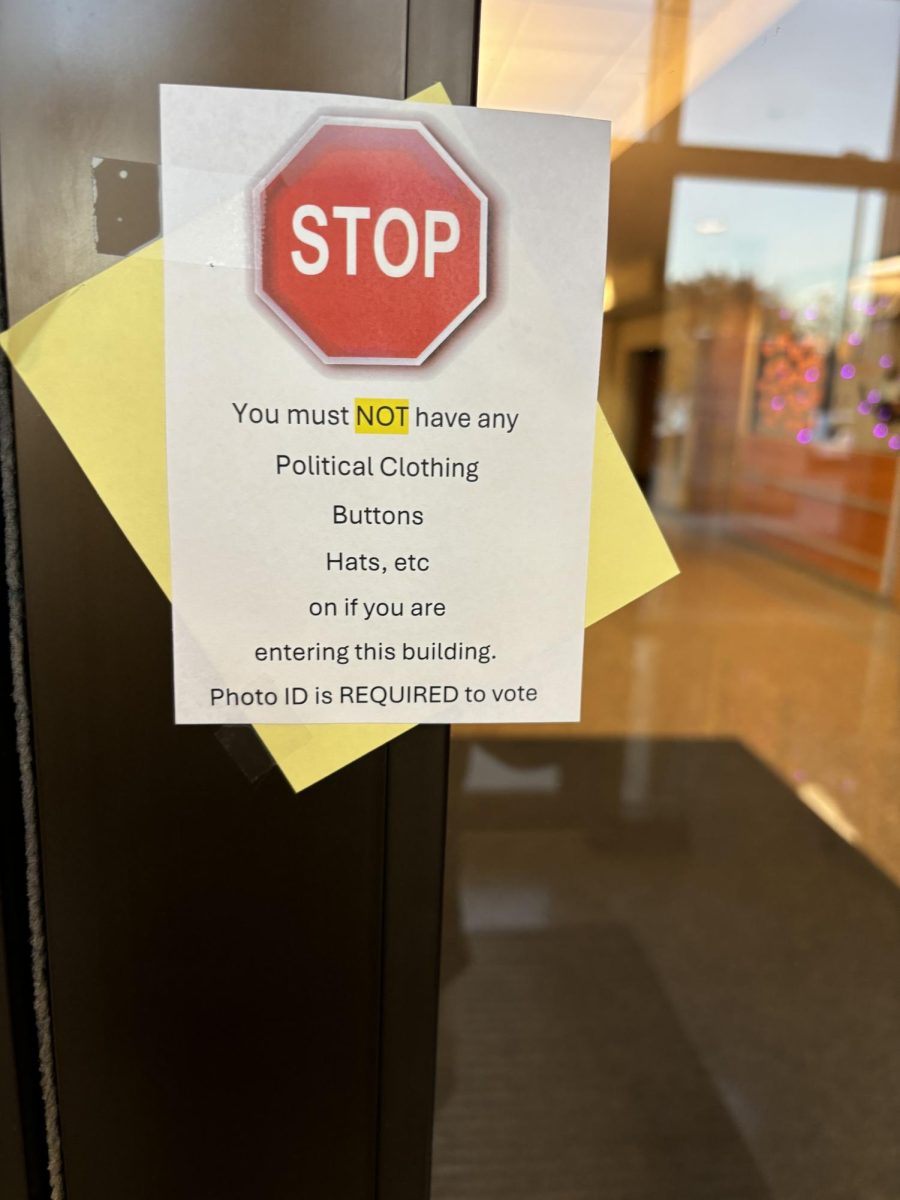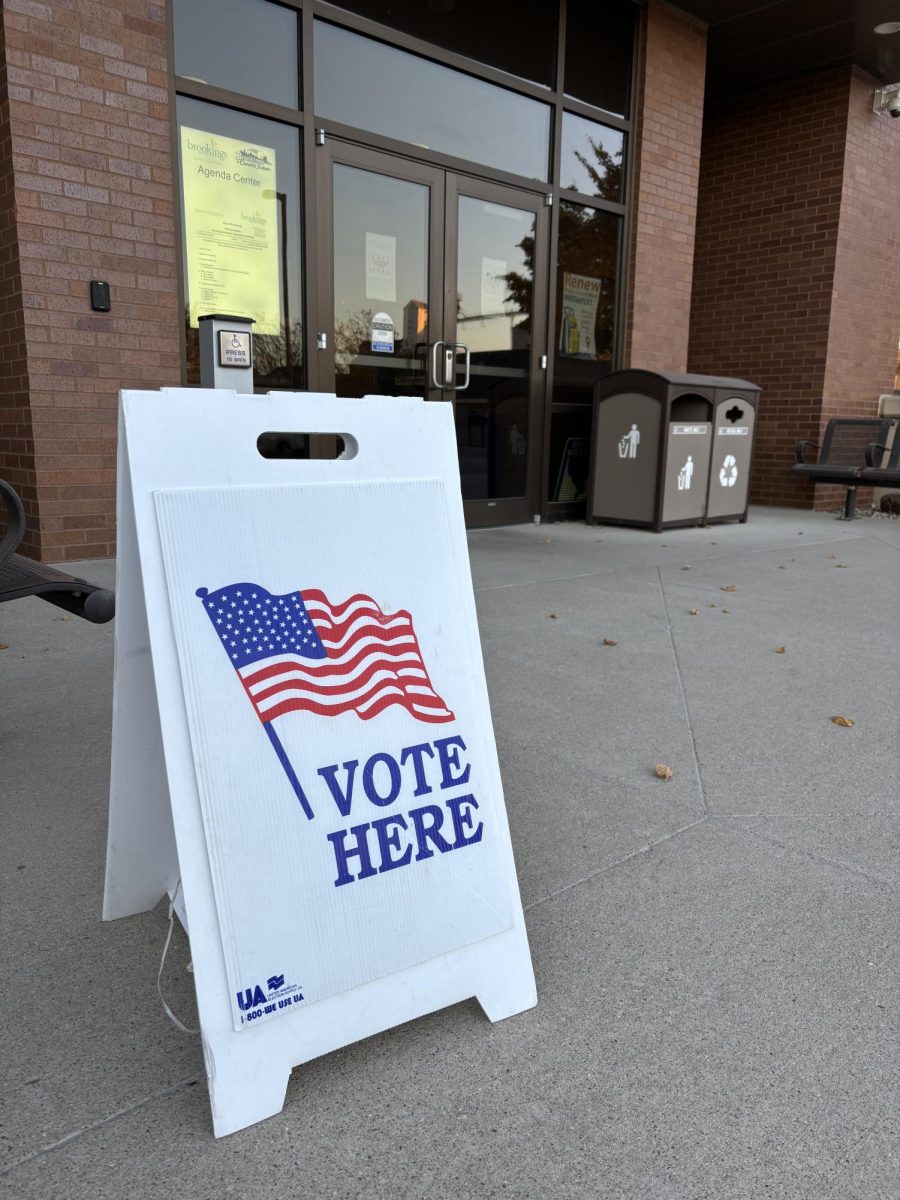South Dakota land values booming: Increase is third highest in past two decades
June 26, 2011
BROOKINGS, S.D. — Agricultural land values are booming again in South Dakota.
An annual real estate market survey charted a 16.5 percent increase in 2010-2011, the third-largest since South Dakota State University economists began tracking the farm real estate market in 1991.
High commodity prices were the main factor driving the land market, according to a majority of those surveyed.
However, SDSU economists note that the current average rates of cash return on agricultural land in South Dakota were lower in 2010 and in 2011 than in any of the past 21 years. For 2011, the average ratio of gross cash rent to current land value was 3.9 percent for all agricultural land, 4.3 percent for non-irrigated cropland and 3.6 percent for rangeland. During the 1990s, the same ratios were 7.4 percent for all agricultural land, 8.0 percent for cropland and 6.8 percent for rangeland.
SDSU professors Larry Janssen and Burton Pflueger said those are among the key findings in the 2011 SDSU South Dakota Farm Real Estate Market Survey, the 21st annual SDSU survey developed to estimate agricultural land values and cash rental rates by land use in different regions of South Dakota.
“The booming market psychology of recent years has returned,” Janssen said. “Most respondents were optimistic about current and prospective land market conditions. Most respondents — 78 to 84 percent depending on land use — providing forecasts expect land values to increase in the next 12 months, and the remainder projected no change in land values. No respondent predicted a decline in land values during the next 12 months.”
From 2001 to 2008, agricultural land values in South Dakota increased more than 10 percent each year, including more than 20 percent in two years (2004–2005 and 2007–2008) during this period. From 1991 to 2000 and from 2008 to 2010, annual increases in South Dakota agricultural land values ranged from 4 to 9 percent.
Cropland values increased at a higher rate than per-acre value increases for other agricultural land uses, and there were considerable differences regionally. Cropland values increased statewide by 17.7 percent, compared to increases of 15.2 percent for hayland and 13.1 percent for rangeland. The strongest increases in land values (above 15 percent for most land uses) occurred in the east central, southeast and south central regions. The lowest rates of increase were in the northwest region.
Statewide average cash rental rates per acre increased $12.25 for cropland, $5.60 for hayland and $2.10 for rangeland. In general, cash rental rate increases for cropland and rangeland were strongest in the three eastern regions and in the north central and south central regions. Cash rental rates increased for hayland in all except the southeast region.
The longer-term trends in land values, cash rental rates and cash rates of return are closely related to key economic factors, Pflueger and Janssen said. These factors include:
— Sharp declines in farm mortgage interest rates from early 2001 to late 2004 and continued relatively low mortgage interest rates.
— Federal farm program provisions of the 1996 and 2002 farm bills, especially the level of crop subsidies and removal of planting restrictions.
— Substantial increase in use of crop insurance for yield or revenue protection.
— Technology change in agriculture that expanded the geographic range of corn and soybean production, along with rapid development of ethanol plants.
— General economic conditions of low inflation rates in most years.
“From 1991 to 2011, farmland values increased more rapidly than the rate of general price inflation in all regions of South Dakota. Also, continued increases in cash rental rates provide underlying support for increases in land values. These basic economic factors, along with relatively low mortgage interest rates, attract interest in farmland purchases by investors and by farmers expanding their operations,” Pflueger said.
More specifics about the farm real estate trends statewide and in different parts of South Dakota are available in the full report from South Dakota State University, available online at this link: http://pubstorage.sdstate.edu/AgBio_Publications/articles/C278.pdf.





















